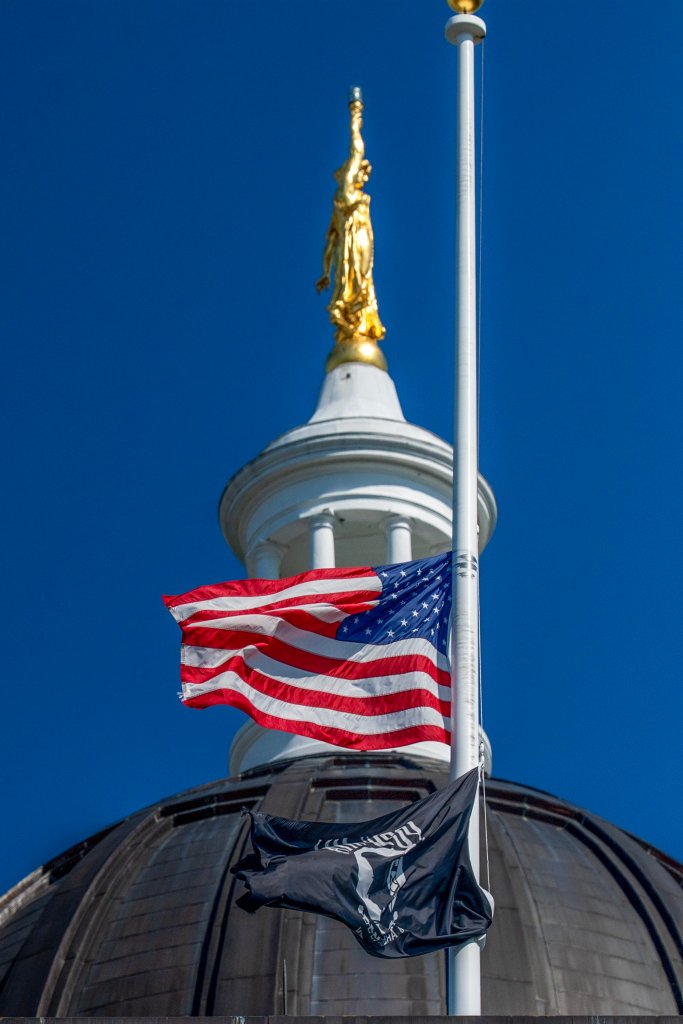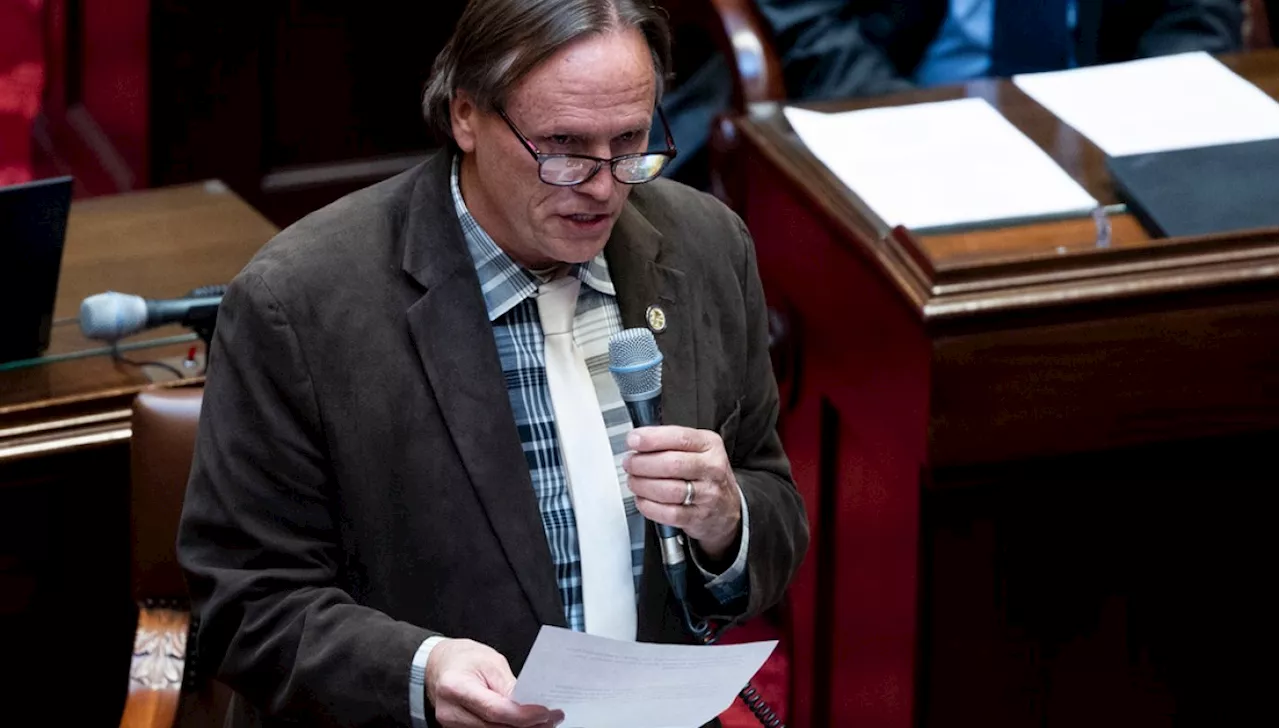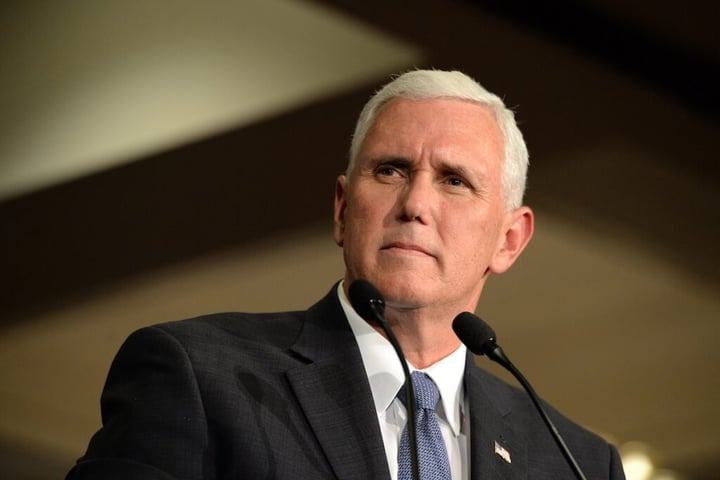Maine is poised for a pivotal moment as voters prepare to cast their ballots on critical questions that could shape the state’s approach to democracy and public safety. In November 2023, residents will decide on two significant ballot measures that reflect broader national concerns about governance and civic engagement.
Ballot Questions Spotlight Key Issues
The first question, known as Question 1, seeks to implement stricter voting regulations. If passed, it would reduce absentee voting days, eliminate ongoing absentee status for seniors and individuals with disabilities, and mandate photo identification for voters. Proponents argue that these measures enhance election security, while opponents contend they would significantly hinder access to the ballot for many Mainers.
Question 2 addresses firearm access, proposing that courts should have the authority to temporarily restrict access when an individual poses a clear danger to themselves or others. This measure aims to balance public safety with due process, reflecting ongoing debates about gun control and individual rights.
Both questions serve as a litmus test for Maine’s commitment to democratic principles and the trust it places in its citizens. As local officials and advocacy groups rally support, the outcomes could establish a precedent for similar regulations across the United States.
Broader Political Implications for Maine
Looking beyond the immediate ballot measures, the upcoming elections for governor and the U.S. Senate will further define Maine’s political landscape. The next governor will play a critical role in shaping policies related to healthcare, education, and environmental issues. Meanwhile, the Senate race will determine whether Maine continues to send independent voices to Washington or aligns more closely with partisan divisions.
As Maine grapples with these questions, the state’s historical values of fairness and civic duty come into focus. The legacy of figures like Henry Wadsworth Longfellow and the symbolism of Paul Revere’s midnight ride underscore the importance of vigilance in safeguarding democracy. Longfellow’s poetic reminder that the call to action must echo “in the hour of darkness, and peril and need” resonates deeply in today’s political climate.
The stakes are high as Maine navigates these challenges. The ability of government to serve its citizens effectively will be scrutinized, and the upcoming votes will signal whether residents believe in their capacity to shape their governance. The question remains: will Mainers rise to the occasion and affirm their commitment to democracy through their votes?
In this critical juncture, Maine has the opportunity to lead by example, advocating for accessible voting and responsible gun laws. As the ballots are prepared to be cast, the state stands at the forefront of a national conversation about democracy, safety, and the rights of individuals within society.







